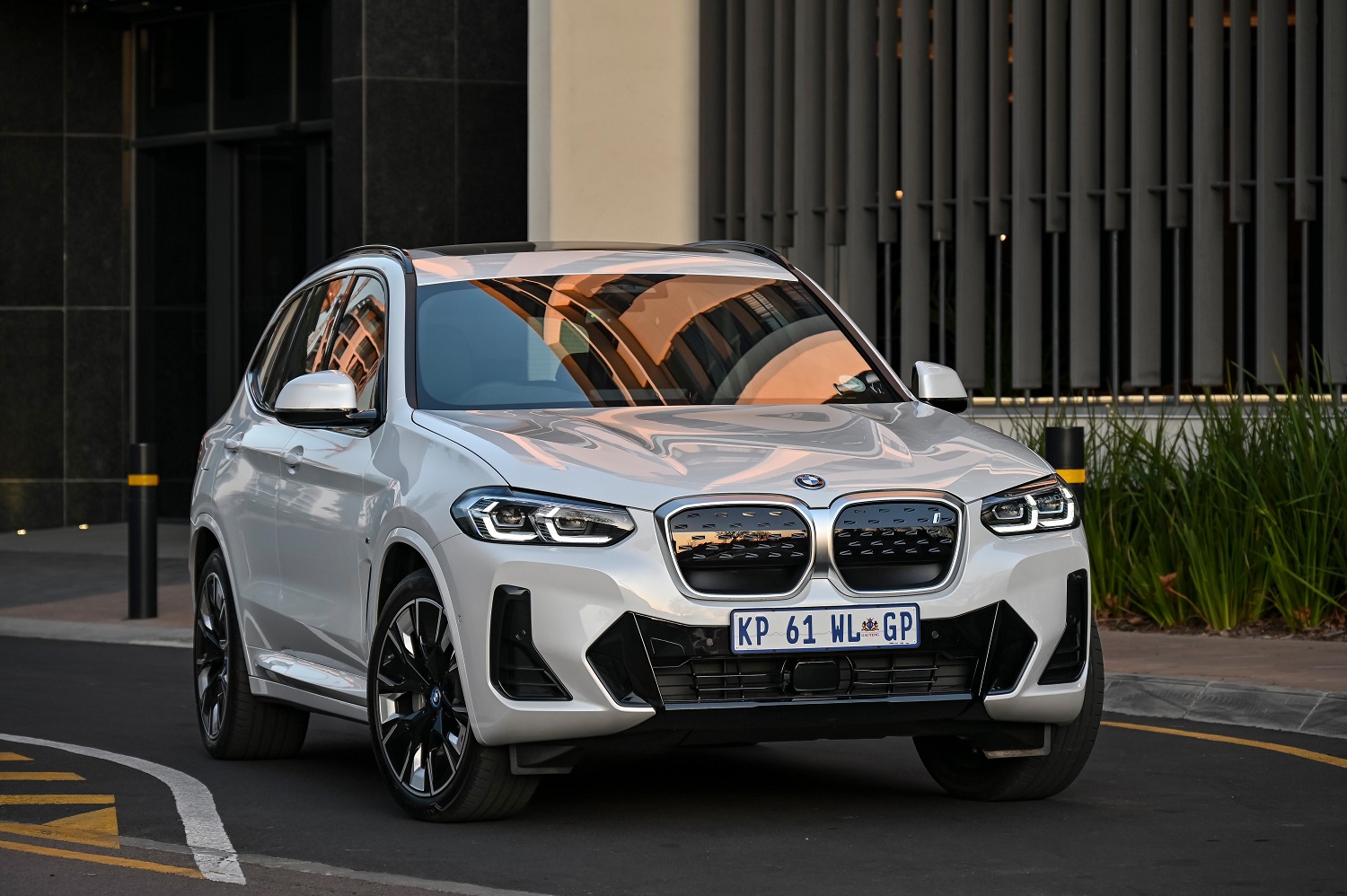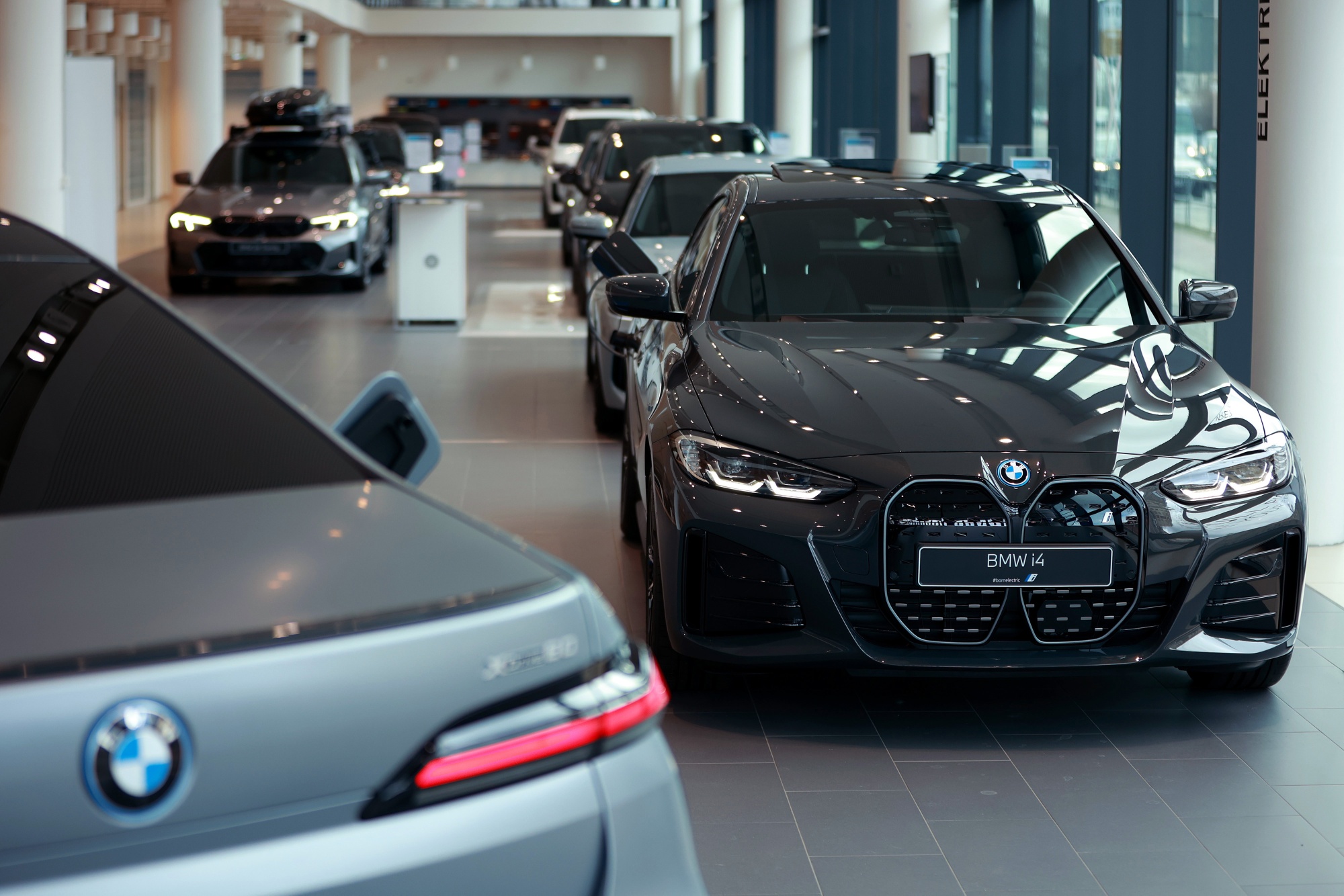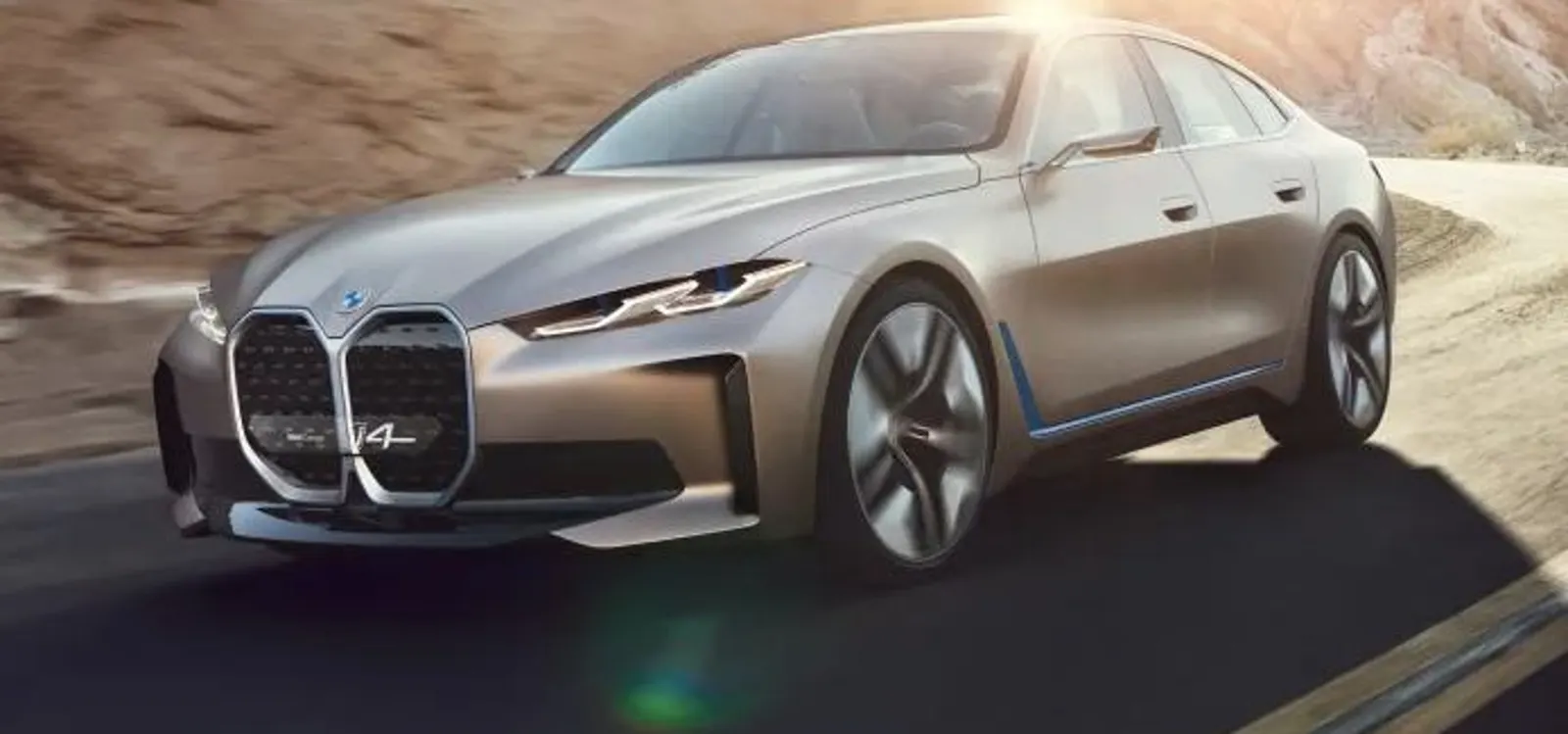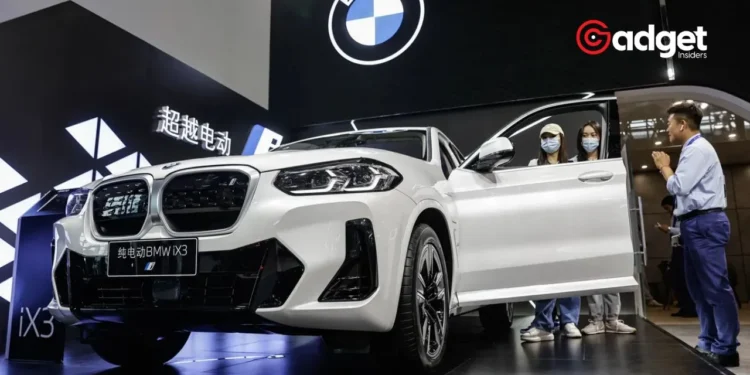In an industry where electric dreams are often met with market realities, BMW’s journey into electrification is charting a course of success that stands in stark contrast to the headwinds faced by its rivals.
With a remarkable 40% surge in battery-powered car sales in the last quarter, the Munich-based automaker is electrifying the road ahead, leaving industry giants like Tesla in the rearview mirror.
This performance is not just a blip on the radar but a clear signal of BMW’s prowess and strategic foresight in the electric vehicle (EV) sphere.

The Power Surge: BMW’s Electric Sales Soar
The first quarter of 2024 has been nothing short of spectacular for BMW’s electric ambitions. Delivering 82,700 fully-electric units across its brands—including BMW, Mini, and Rolls-Royce—the automaker has notched a nearly 28% increase in EV sales compared to the same period last year.
This achievement is highlighted by the milestone delivery of BMW’s one-millionth electric vehicle since the inception of the BMW i3 in 2013.
“The BMW Group is continuing on its battery electric vehicle growth path,” stated Jochen Goller, a key figure in BMW’s board of management. This success story is underscored by the robust sales of models like the i4, iXi, and i7, which collectively spearheaded a more than 40% surge in sales.
BMW's new electric iX1 has the makings of a bestseller https://t.co/fPMn5J9Vmn pic.twitter.com/h50cOjt3X3
— coron (@coron_web) January 31, 2023
Outrunning the Competition
While BMW accelerates, its competitors seem to be navigating through a slowdown in the global demand for electric vehicles—especially in critical markets like Europe. Volkswagen, a formidable player in the automotive industry, reported a 3% decline in EV sales, with a significant drop in the European and U.S. markets.
Similarly, Mercedes-Benz saw an 8% decrease in its EV sales, amidst the phasing out of the smart fortwo compact car and the cessation of an EV subsidy program in Germany. Even Tesla, a synonym for electric cars, recorded its first year-over-year sales drop since 2020 on April 2.
In contrast, BMW’s electric growth trajectory is not just about navigating market challenges but about setting new benchmarks. High-end models and EVs are poised to be the primary growth drivers for BMW in 2024, with the company projecting “significant double-digit growth.” This optimism is not unfounded but built on a solid foundation of innovation, market understanding, and consumer demand.

The Road Ahead: Electrification and Beyond
BMW’s success in the EV market is a testament to its commitment to sustainable mobility and technological innovation. As the industry moves toward a greener future, BMW’s strategic focus on electric vehicles is paying dividends.
The automaker’s ability to outperform in a challenging market environment underscores its resilience and adaptability—qualities that are paramount in the rapidly evolving automotive landscape. Moreover, BMW’s achievement is reflective of a broader trend where new entrants and established players are vying for dominance in the electric vehicle market.
The significant sales growth reported by Lucid and Rivian—both of which specialize in electric vehicles—indicates a growing consumer appetite for EVs and a shift in the automotive industry’s center of gravity.

Conclusion: BMW’s Electrifying Ascent
BMW’s remarkable performance in the electric vehicle market is a bright spot in an industry facing numerous challenges. As the automaker continues to innovate and expand its electric vehicle portfolio, it is not just leading the charge toward electrification but also redefining the standards of automotive excellence. BMW’s electric journey is more than a success story; it’s a blueprint for the future of mobility—a future that is electric, sustainable, and incredibly exciting.










